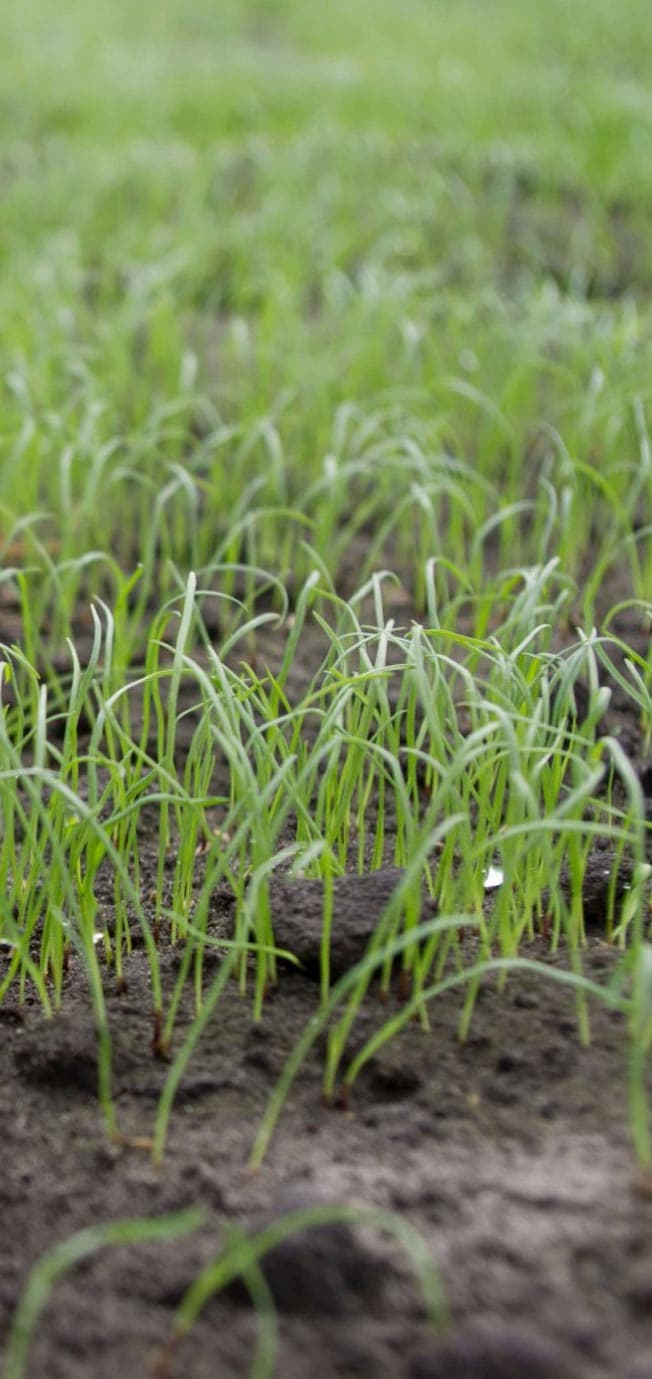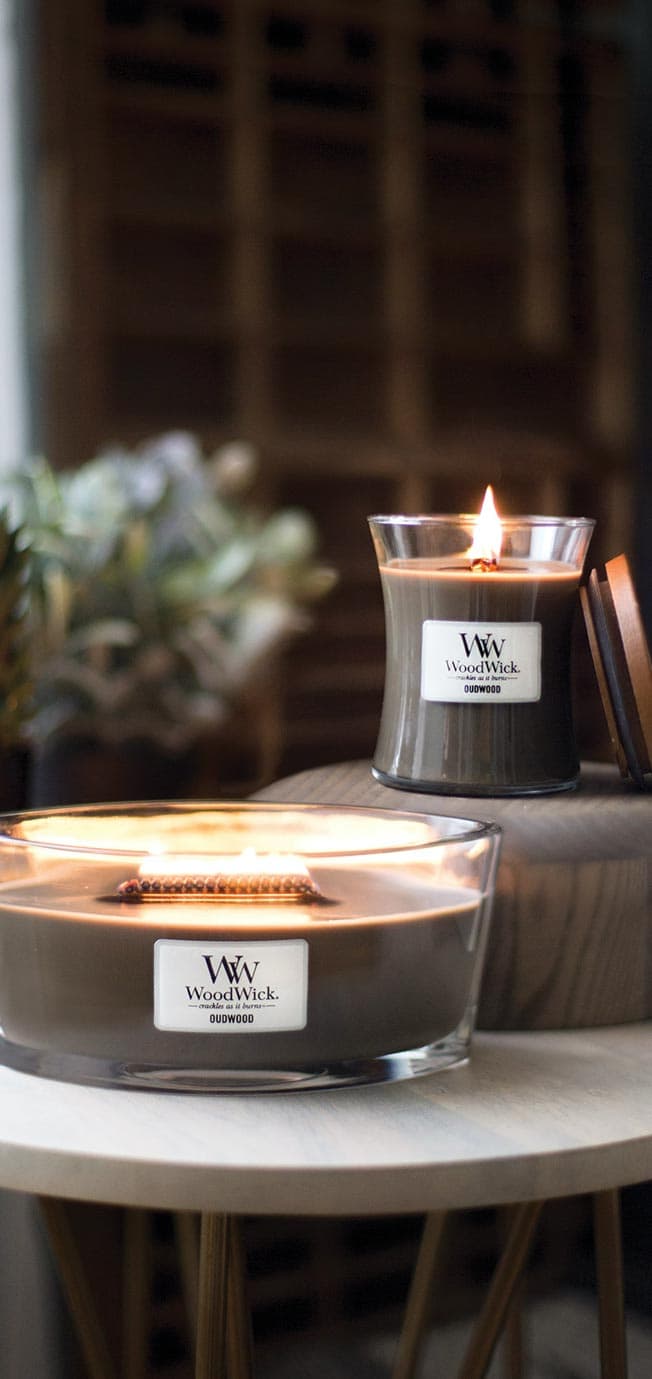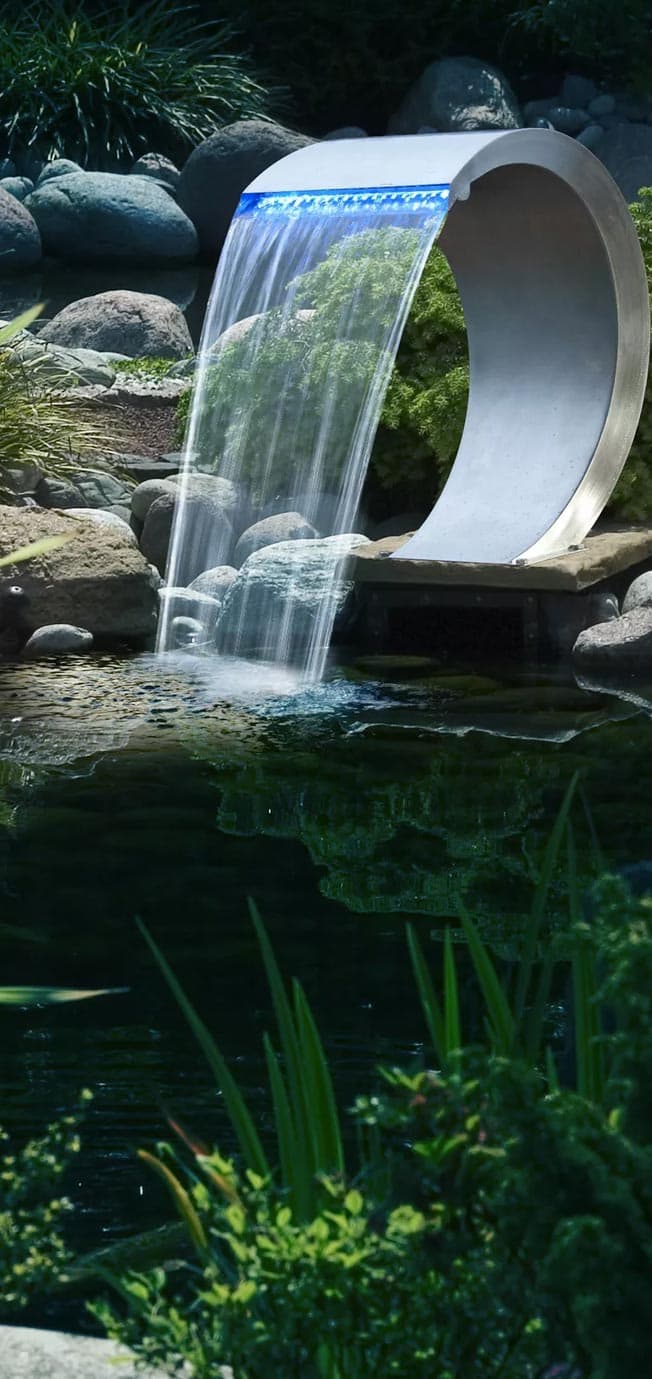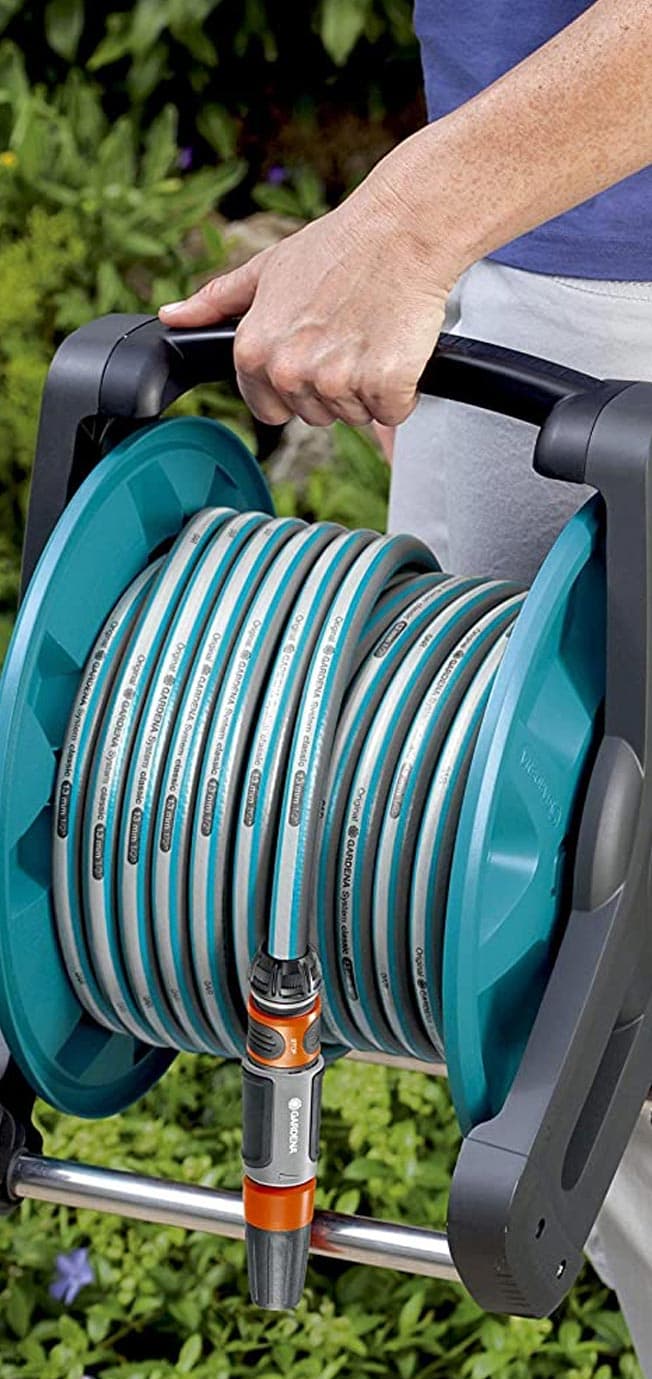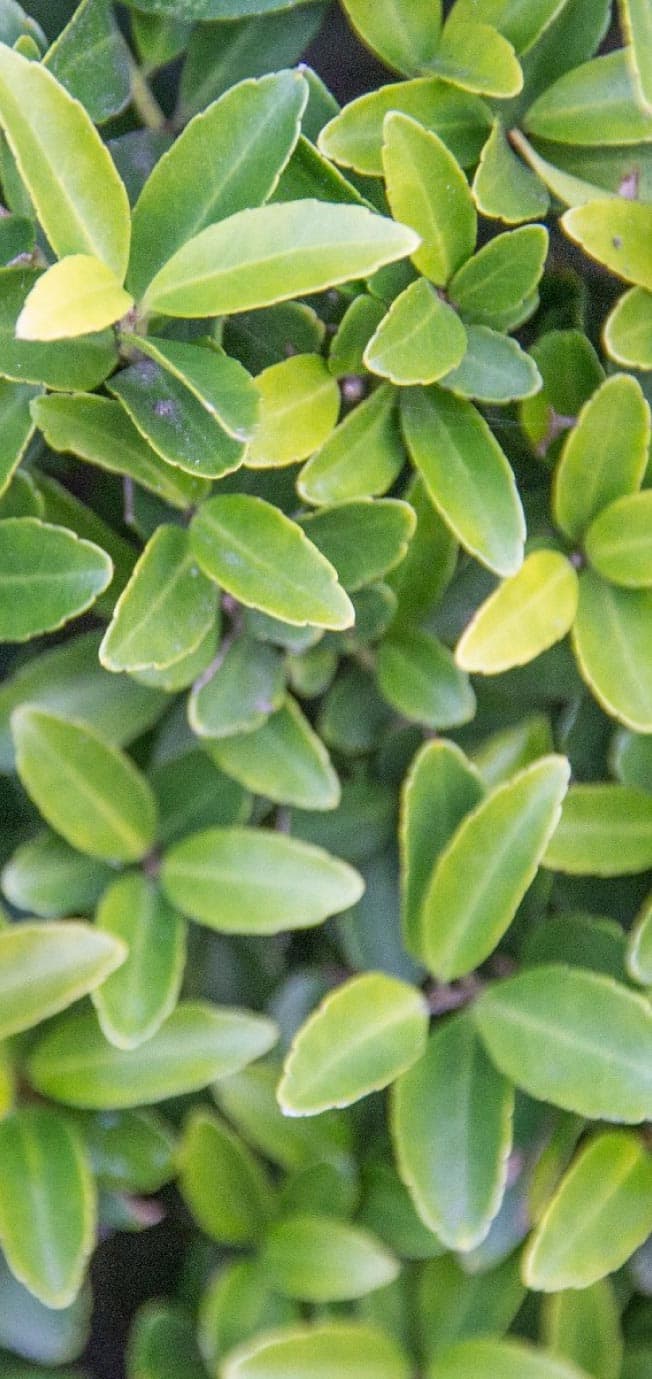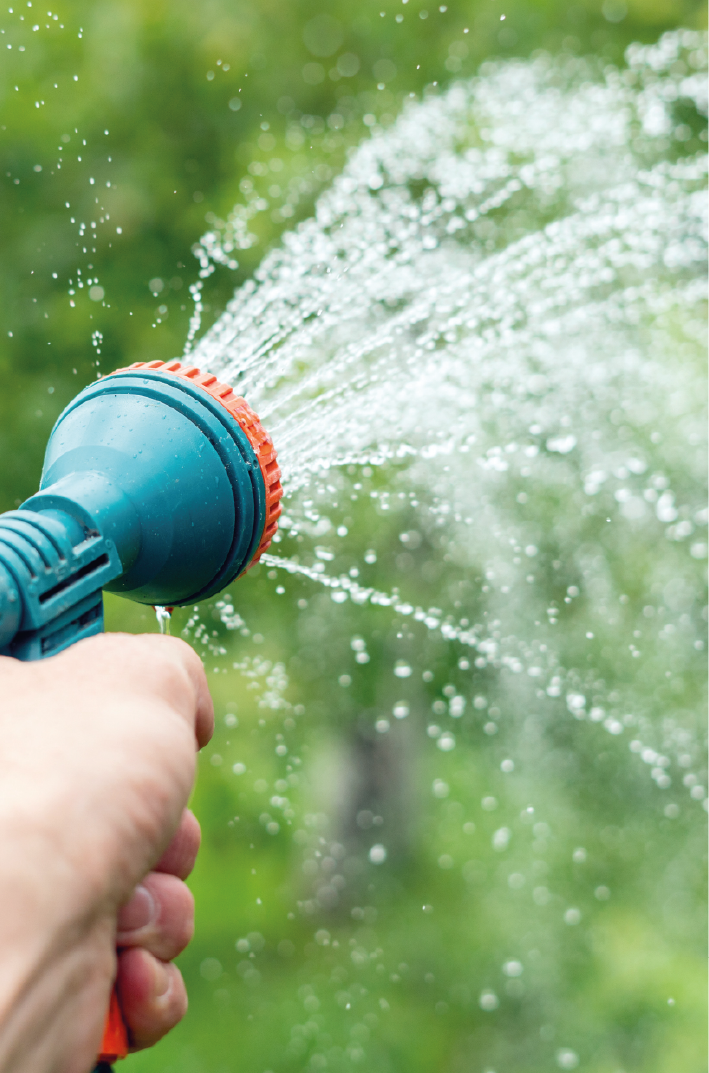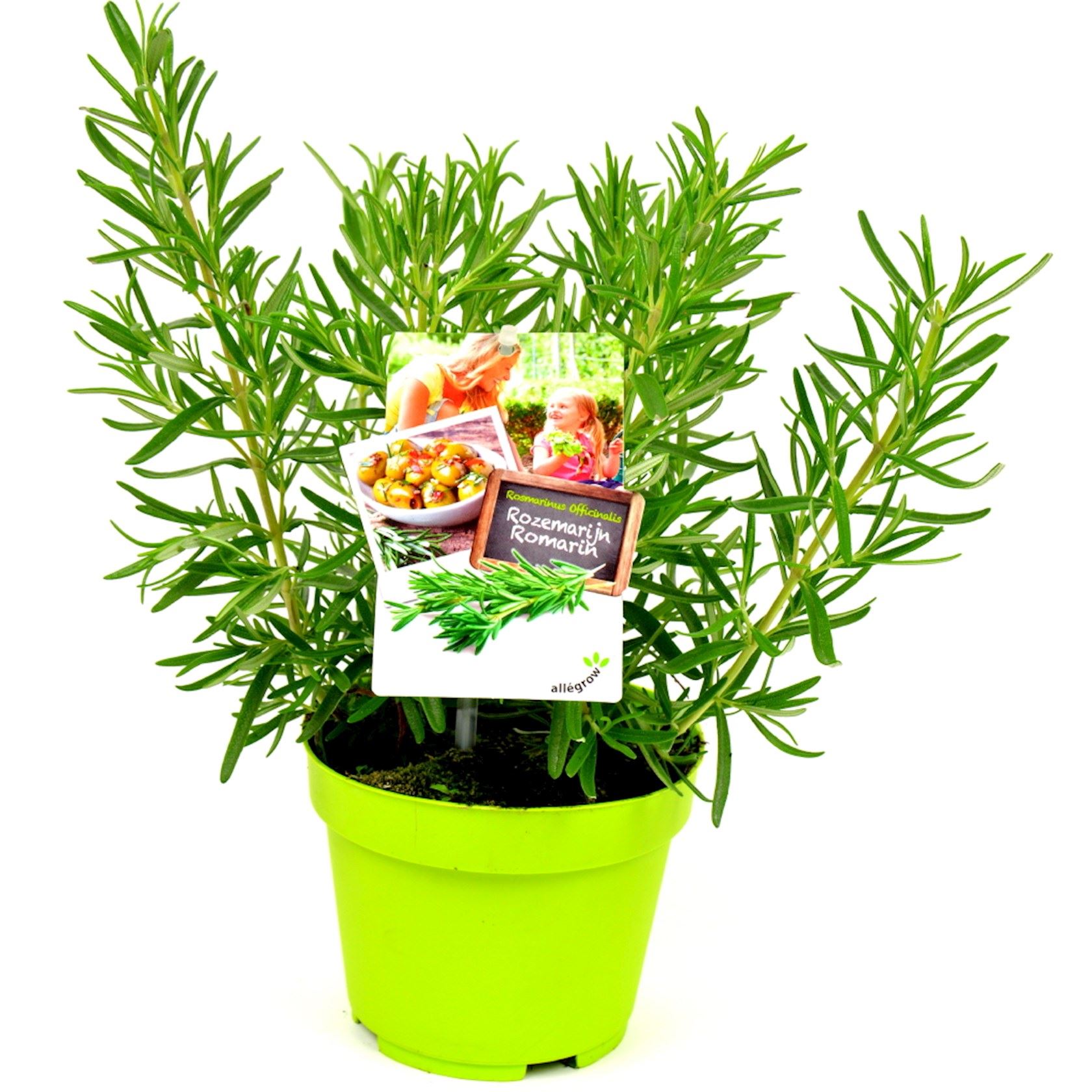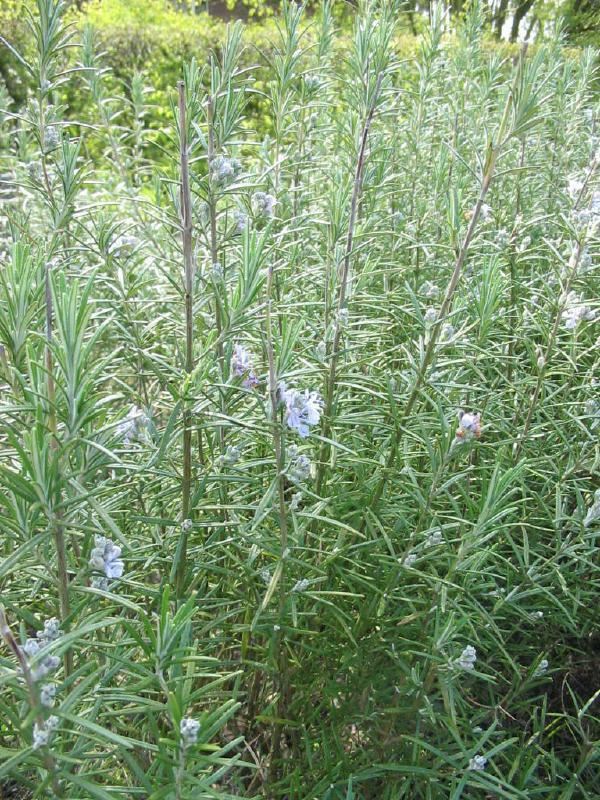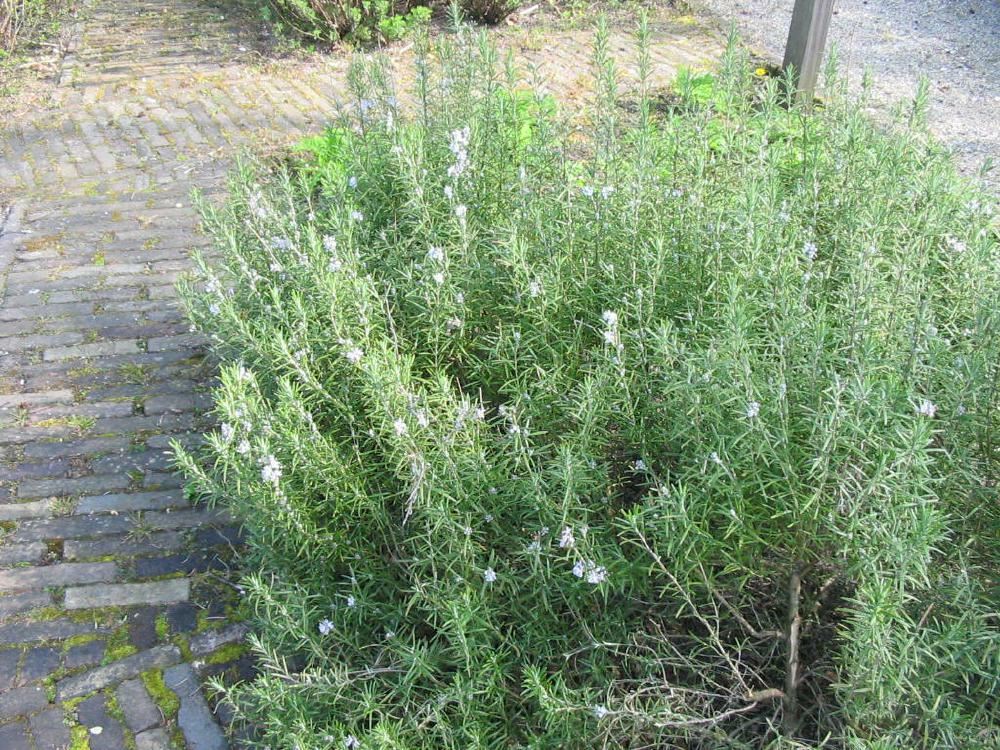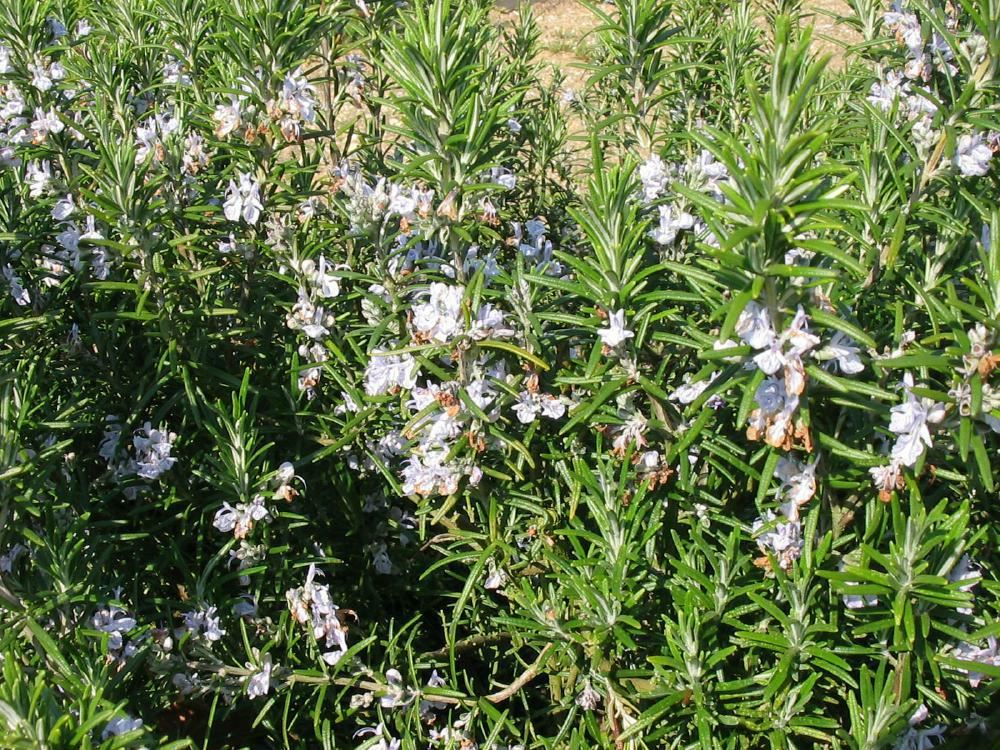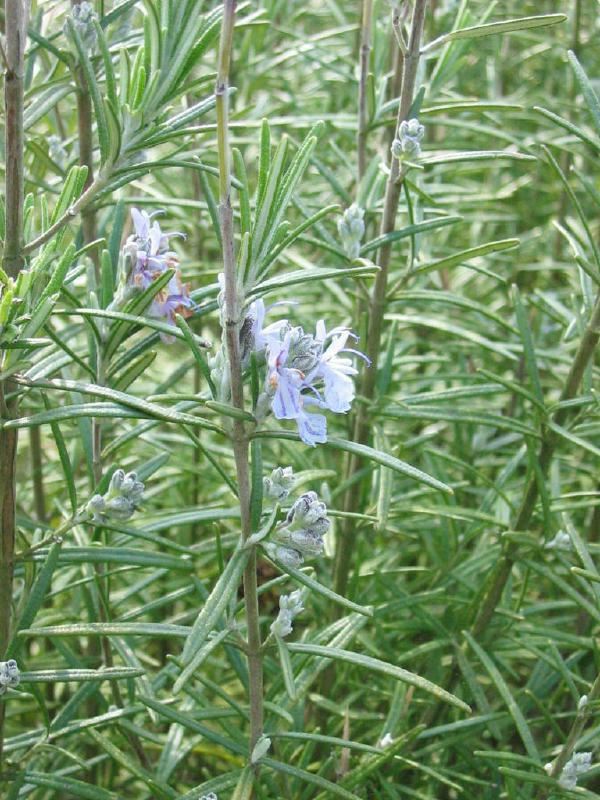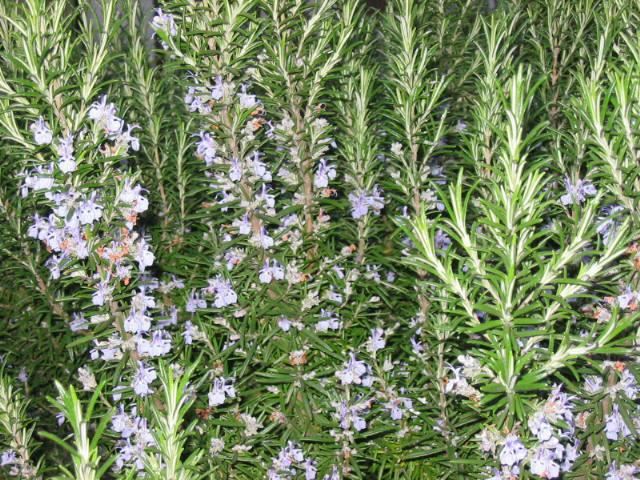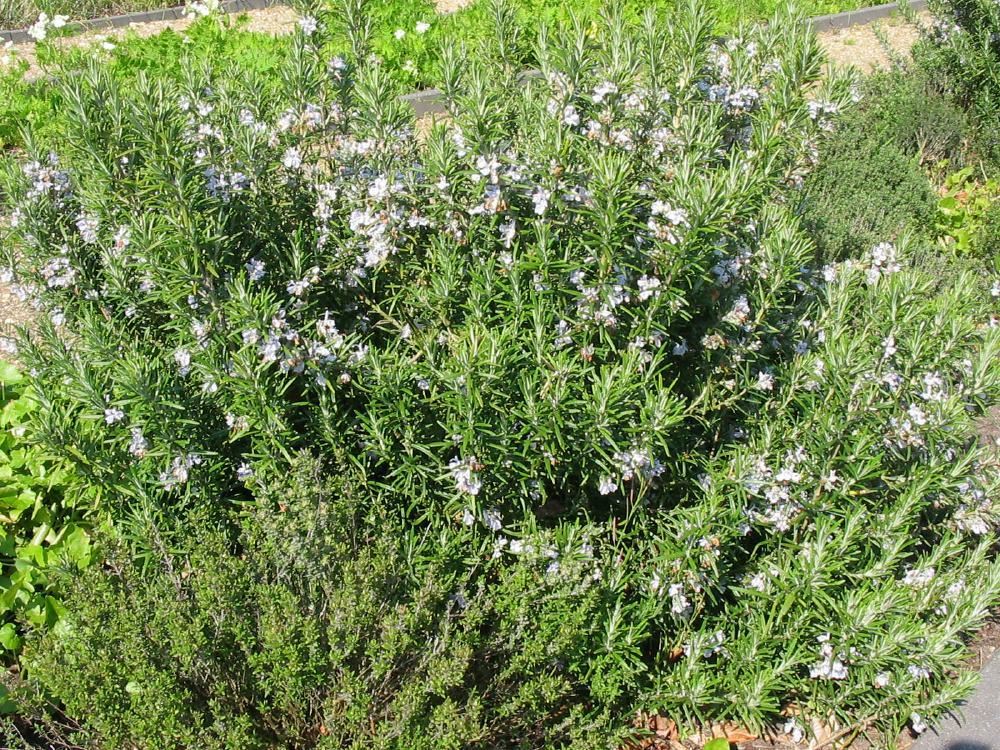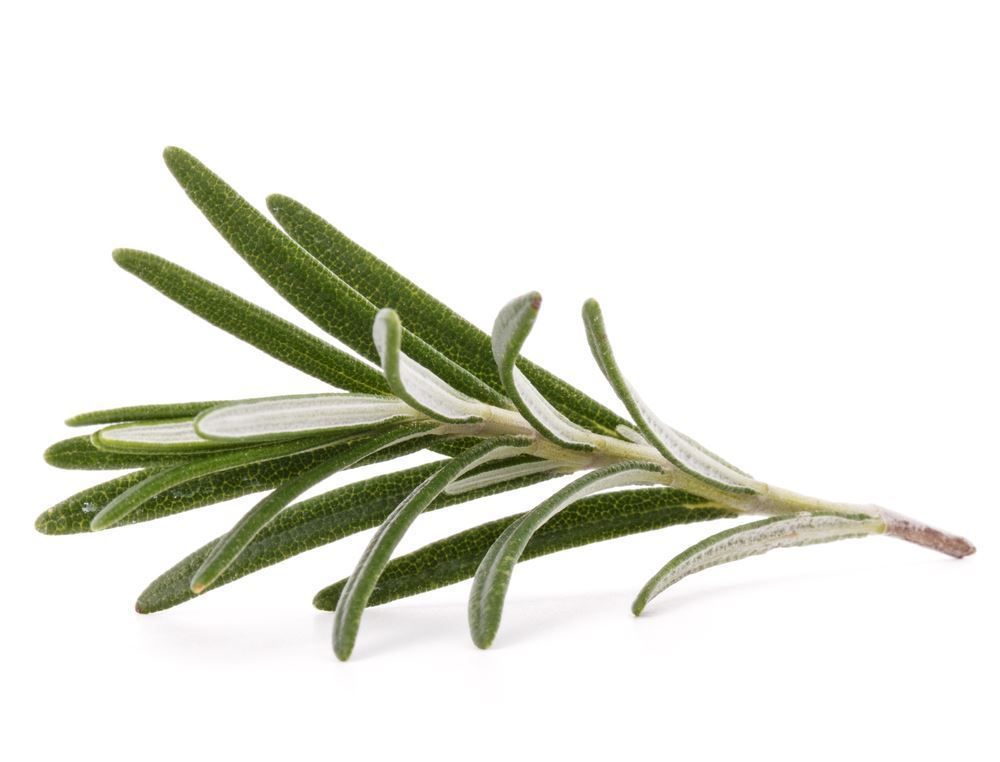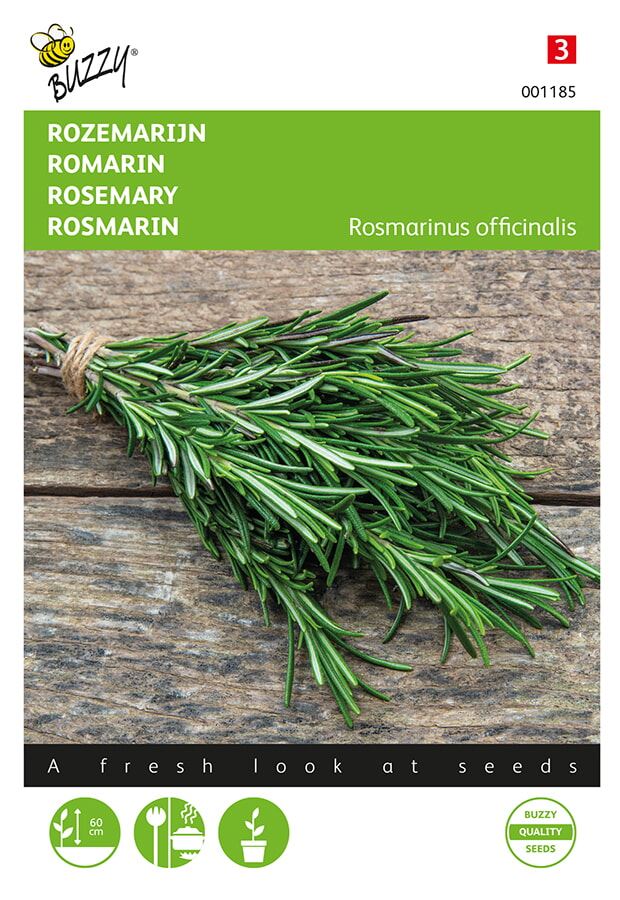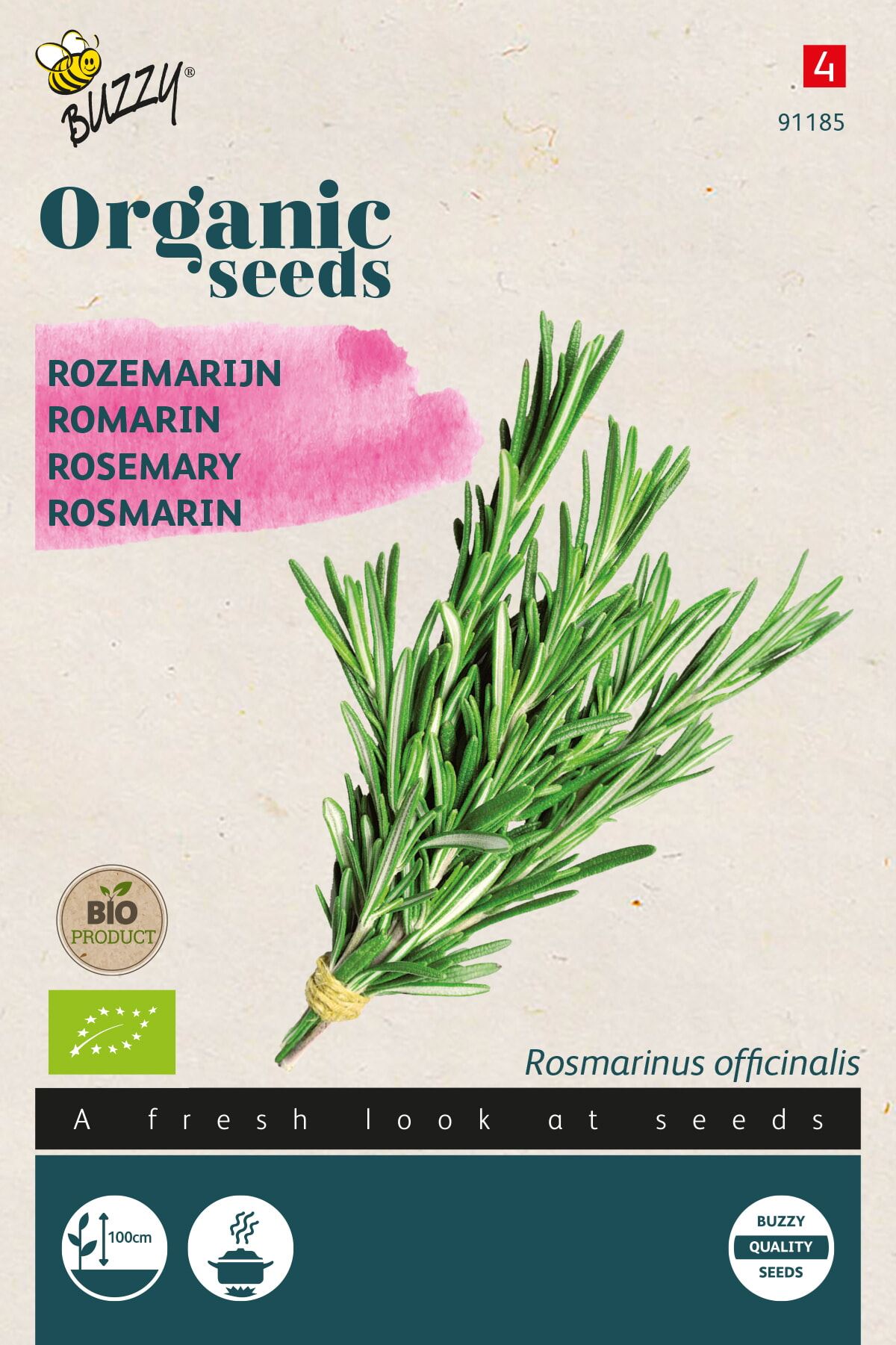Rosemary - pot ø13 cm (Rosmarinus officinalis)
Rozemarijn
Product information "Rosemary - pot ø13 cm (Rosmarinus officinalis)"
Rosemary is native to the countries around the Mediterranean Sea. It grows naturally close to the coast, hence its name which means 'sea dew'. It is a green, woody shrub that can grow up to 2 meters high. In our regions, however, the plant remains smaller +/- 1m. It has nice smelling, narrow, needle-like leaves that are dark green on top and felty gray-white on the underside. The plant flowers in April-May with small blue-white flowers in the axils of the leaves.
CULTIVATION TIPS:
Rosemary likes a warm, sunny position and a well-drained, calcareous soil. The plant is not resistant to severe frost (max -7 ° C), and is therefore best placed in a sheltered spot. If not, covering it in winter is definitely recommended. Rosemary can stand drought and does not need much nutrition. You can continuously pluck leaves as needed. The branches of rosemary will become woody, so if you want to keep the plants small and compact, it is best to prune them back after the last frost (end of May). Old or large plants should not be pruned back strongly. The plant grows well in pots or containers, in a sunny place.
CULINARY:
Rosemary is a widely used kitchen herb, especially in Mediterranean cuisine. The sprigs can be used both fresh and dried. Rosemary is ideally suited to accompany meats with a strong flavor, such as lamb, poultry or game. It is delicious with dishes on the barbecue or grill. When barbecuing, sprinkle a few sprigs over the hot charcoal to make your guests and neighbors salivate. Use rosemary in sauces, marinades and Provencal dishes with tomatoes. The leaf of rosemary can also be used to flavor baked potatoes or to make herb butter. Freezing rosemary can also be done while retaining flavor.
MEDICINAL:
Rosemary has traditionally had several uses. Among other things, it used to be used as a beauty product against signs of aging. A few rosemary leaves in the bath water has an uplifting and refreshing effect and stimulates the circulation. It softens the skin and works against dandruff, oily hair and hair loss. It is therefore often used in shampoo. Rosemary oil can be used externally for muscle pain, sprains or joint pain. Rosemary tea has a calming effect and helps with stress, migraines and depression. Because of these diverse applications, rosemary is frequently used in homeopathy, aromatherapy, beauty and relaxation treatments, saunas,...
VARIA:
Rosemary, because of its typical camphor smell, is often used as a base for perfumes and beauty products. For example, it is one of the ingredients of the widely known eau de cologne. In the past, a few sprigs of rosemary were often hung in the closet for its pleasant, refreshing aroma and to repel moths.
Product specifications
| Application / use plant: | Hedge plant |
|---|---|
| Average number per m²: | 4 |
| Average number per running meter: | 4 |
| Bloom Month: | April, May, June |
| Bloom color: | Blue, Violet |
| Branches / bark: | Unknown - n/a |
| Dutch plant name: | Rozemarijn |
| English plant name: | Common Rosemary, Rosemary |
| Flower color - details: | Blue violet |
| Frost hardiness - details: | Medium (a) (-12 till -9°c), usda zone 8a |
| Frost resistance: | Moderately winter hardy |
| Fruit: | Unknown - n/a |
| Full grown plant height: | 75-100 cm |
| German plant name: | Rosmarin |
| Growth habit : | Unknown - n/a |
| Humidity/Soil: | Dry soil, Moist soil |
| Latin plant family: | Lamiaceae |
| Leaf / Foliage: | Fine-leaved, Green, Evergreen, Needle-shaped, Silver-grey |
| Leaf / foliage - details: | Evergreen, greygreen, parfumed |
| Location: | Halfshadow, Full sun |
| Location - details: | Preferably full sun |
| Minimum growing height (in cm): | 50 |
| Plant characteristic: | Aromatic, Edible (fruit, leaf, flower) |
| Plant family: | Lip flower family |
| Planting distance: | 3-4 pieces per running meter (25-30 cm apart) |
| Pruning period: | March |
| Winter foliage: | Leaf-holding |
| maximal growth height (in cm): | 100 |
| type of crop: | Shrub |
| type of soil: | Calcareous soil, Normal soil, Sand soil |
| type of soil / ground - details: | Dry, permeable soil, preferably calcareous |
Pictures of this plant
Reviews
Login

